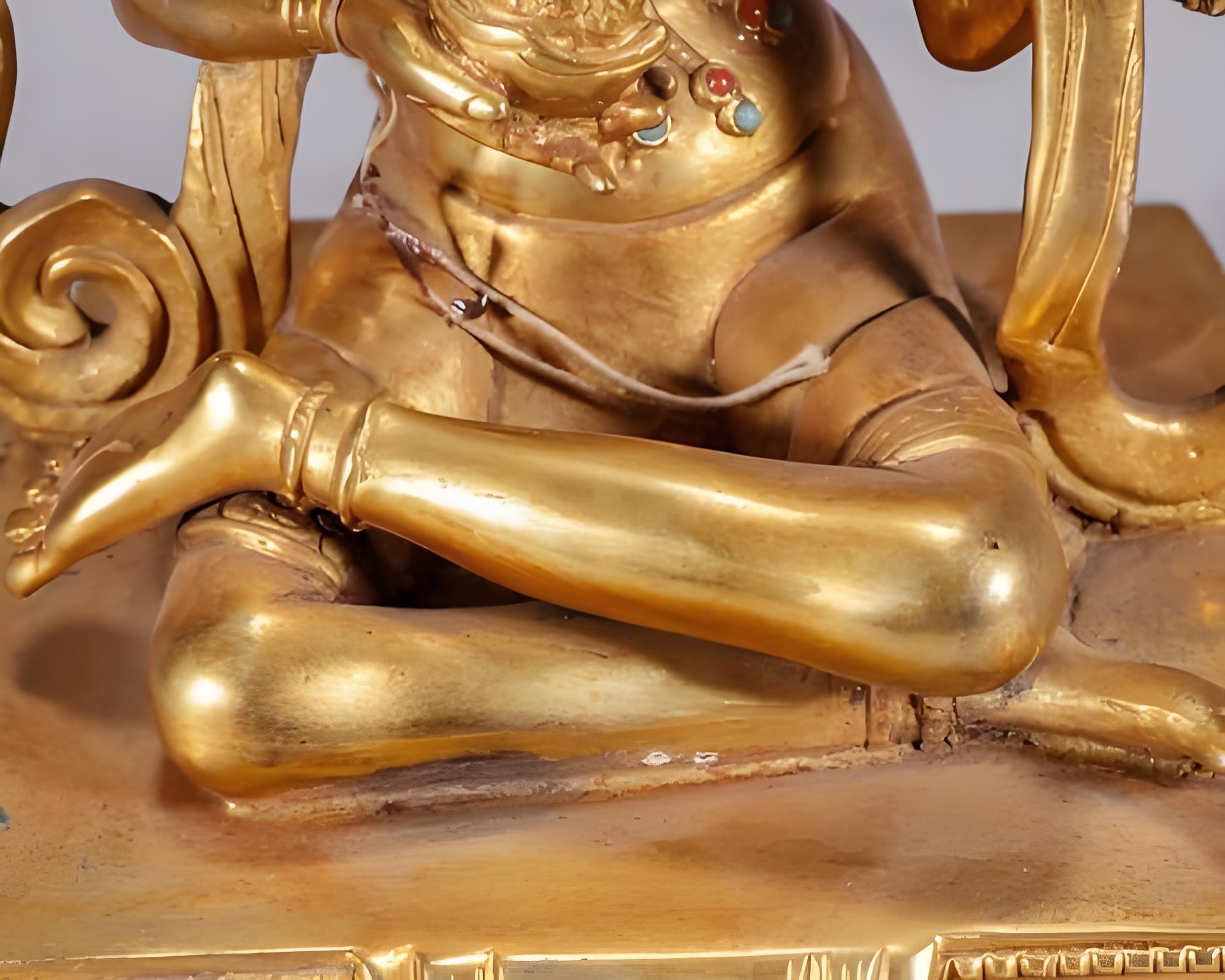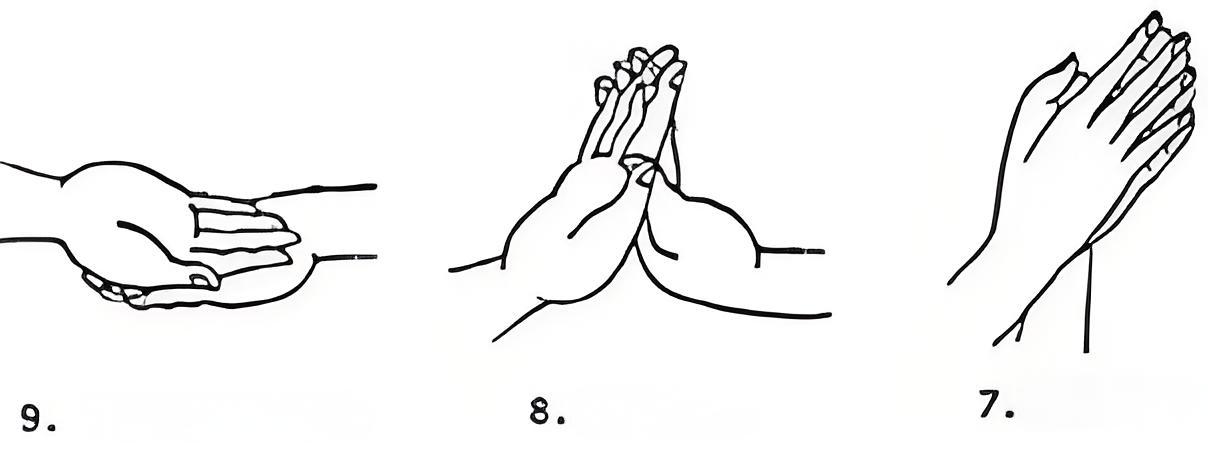type
status
date
slug
summary
tags
category
icon
password
AI summary

The mantra of Avalokiteshvara, also known as Om Mani Padme Hum, is one of the most famous and revered mantras in Tibetan Buddhism. It is associated with Avalokiteshvara, the Bodhisattva of Compassion, who embodies the compassion of all Buddhas. The mantra is believed to invoke the powerful blessings of compassion, wisdom, and protection. It is widely chanted by Tibetan Buddhists, particularly as a prayer for the alleviation of suffering, the cultivation of compassion, and the purification of negative karma.
Mantra of Avalokiteshvara
In Sanskrit:
In Tibetan:
Meaning of Mantra of Avalokiteshvara
- Om: Represents the universal sound, the body, speech, and mind of the Buddha.
- Mani: Means "jewel," symbolizing the qualities of compassion, wisdom, and the enlightened mind.
- Padme: Means "lotus," which signifies the wisdom that arises from compassion.
- Hum: Represents the indivisibility of method and wisdom, and the union of wisdom and compassion.
Benefits of Practicing the Mantra of Avalokiteshvara:
- Cultivates Compassion: Reciting the mantra helps develop a compassionate mind, transforming one's thoughts and actions toward others in a more kind and loving way.
- Purification of Negative Karma: It is said that by reciting this mantra, one's negative actions and karma can be purified.
- Protection from Harm: Avalokiteshvara is believed to protect practitioners from obstacles and suffering.
- Spiritual Growth: Regular chanting can help practitioners grow spiritually by fostering a connection to the Bodhisattva Avalokiteshvara and invoking his blessings.
- Mental Peace: The mantra is soothing and calming, aiding in meditation and helping the practitioner maintain mental peace.
Loading...






